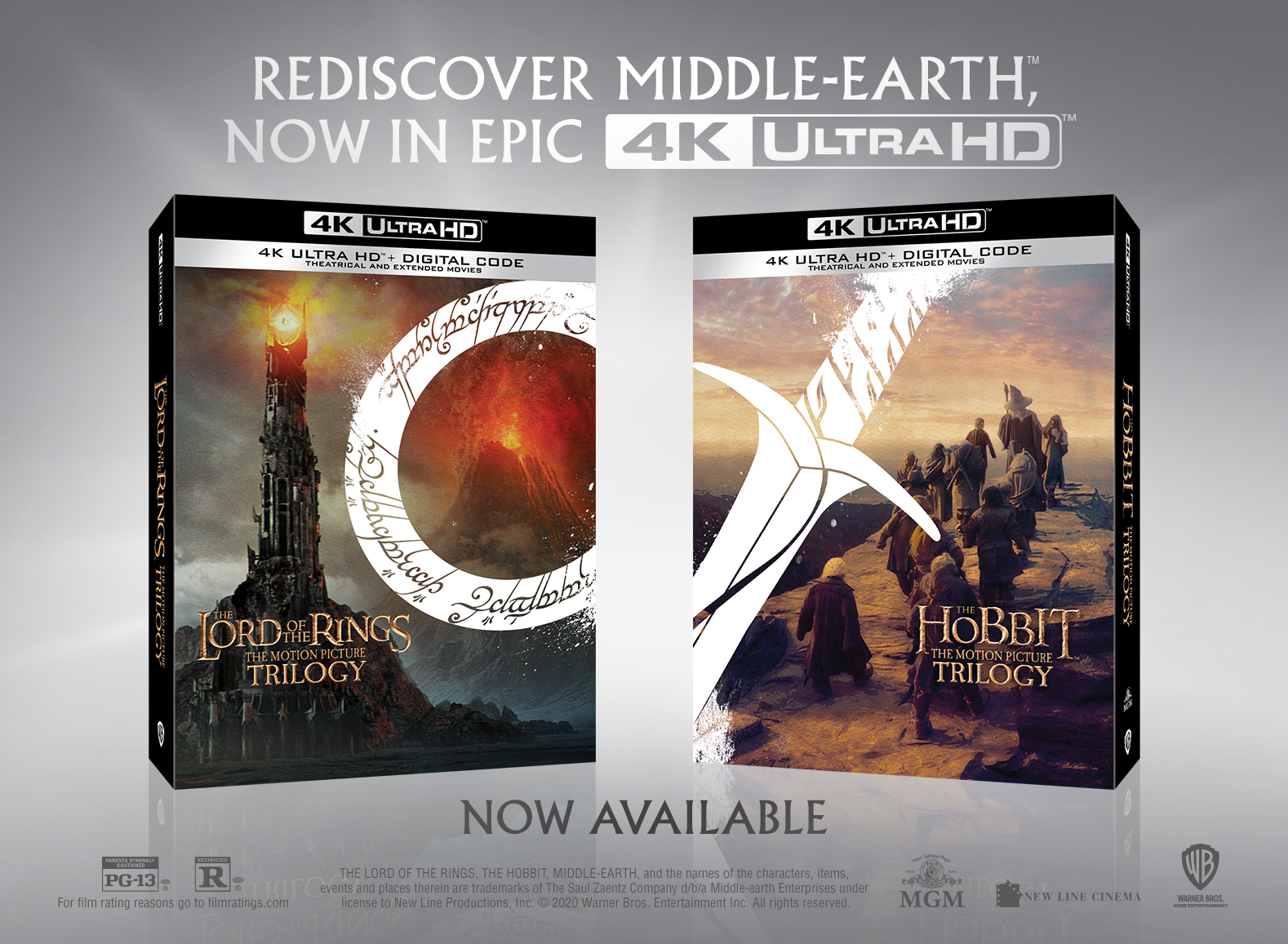 When I saw the film version of “The Golden Compass” based on Philip Pullman’s novel, quite apart from not enjoying the film much, I was infuriated with the absence of a key theme in the trilogy, about the death of God (or non-existence of God, depending on your point of view). Still, Mr.Pullman, quite rightly, from what he says in this collection about the author’s right to earn a living, probably just took the money and ran.
When I saw the film version of “The Golden Compass” based on Philip Pullman’s novel, quite apart from not enjoying the film much, I was infuriated with the absence of a key theme in the trilogy, about the death of God (or non-existence of God, depending on your point of view). Still, Mr.Pullman, quite rightly, from what he says in this collection about the author’s right to earn a living, probably just took the money and ran.
Daemon Voices: Essays on Storytelling, a collection of essays and speeches by Pullman (published by Penguin Random House and edited by Simon Mason), understandably features commentary on religion and his own view that God does not exist. I am with him on that one. Still, though, the author is fascinated by religion, particularly as a resource for story and storytelling. This latter is principally what the majority of these wonderful pieces are about, the art and joy of story.
Another point I should make here is that, while Pullman is busy dissing God, he equally damns to Hell (or the metaphorical equivalent), fantasy novels. He loathes “The Lord of The Rings,” for example, partly because it is not “realism”, and despises “The Chronicles of Narnia” for similar reasons, but also because it is an extended Christian fundamentalist tract. On this latter point I had no idea about this theme until many years after I’d read the novels as a boy; otherwise, I might have dismissed them out of hand, though I confess I enjoyed them hugely at the time.
The topics in these essays are wide-ranging, from essays about children’s literature to pieces on education and story, folk tales, fairy tales and epics, as well as reflections on his how writings, including the “His Dark Materials” Trilogy and his other books and much more. His essay on art, “A Bar at the Folies Bergères”, looking in depth at Manet’s eponymous painting, and discussing modernism and storytelling, is absolutely wonderful and one of my favourite pieces in the book. In it, he talks about the surface of the painting, what it appears to be telling, and what lies beneath, elements that play with our perceptions and even parts of the image which somehow shouldn’t be there or are represented in an imaginative rather than a realistic way. The essay captures much about what Pullman has to say about storytelling and a key theme of his, which is that no matter how bizarre, surreal or fantastical or other-worldly the story, ultimately it should be about reality. He does not deny that he writes fantasy exactly, only that the fantasy elements are parts of reality and that his novels are about real people, with real emotions and plausible responses to their circumstances and challenges – none of which, he claims, are true of “The Lord of the Rings” and fantasy novels in general.
For those of us who write fiction, he has countless wise and constructive advice to offer, so in part, the book is a guide for writers (or storytellers in general). He is also generous and enthusiastic about writers he admires, and sometimes considers advice of theirs that he has read, such as David Mamet’s observation that the basic question in storytelling is: “Where do I put the camera?”
Pullman also takes a dim view of the education system, declaring that the joy that can be found in education is lost and that education, to be of any value, must be the work of joy rather than a grinding process focussed on results. On that topic he writes about the pleasure of reading dense poetry, such as Milton’s “Paradise Lost”, and other works, saying that striving to understand everything in a poem is not especially valuable, a point he highlights in a comment about poetry as it is taught in school, calling the classroom “a torture chamber, interrogating poetry until it confesses.”
On the subject of religion, the author says he can have double vision, being able to enjoy “Paradise Lost” with a rush of imaginative empathy even though he knows that none of what the poem contains is true.
I can’t begin to summarise the content of all these fabulous – and yes, fantastical – essays. But if you want to learn about writing and telling stories, understand the way to enjoy poetry and art, gain some insight into the process of one of our most popular authors, learn something about science and literature and so much more, this book is for you. It officially takes pride of place next to my copy of Neil Gaiman’s “The View from the Cheap Seats”, Robert McKee’s “Story” and (sorry, Philip), Stephen King’s “On Writing”.
I’ll leave you with this introductory line to the essay, “Writing Fantasy Realistically: Fantasy, Realism and Faith”, which sums up a central theme of this collection, and that is:
“The view that fantasy is a load of old cobblers – unless it serves the purpose of realism.”
Note: any US readers who don’t understand what “a load of old cobblers” is, you can probably conclude that this is not a compliment.










